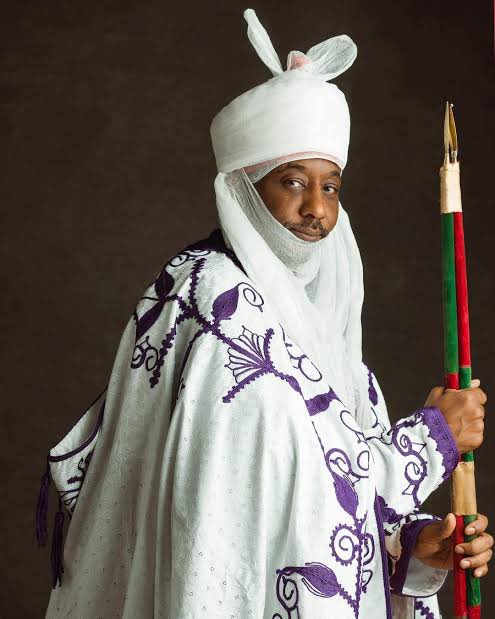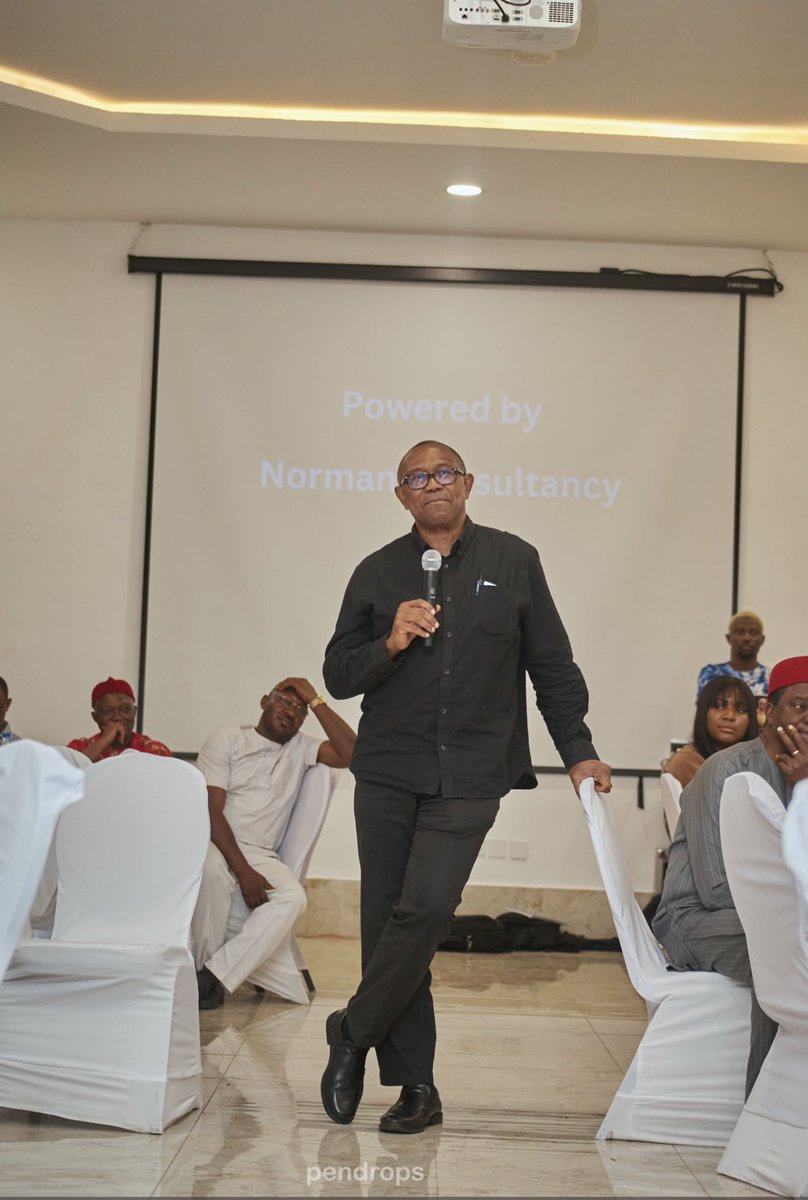Long ago, when the United States was a newborn nation, its founders faced a daunting challenge, how to govern a vast country that had just thrown off the rule of a king. Some leaders, like Alexander Hamilton, believed the new nation needed a strong central government to⤵️
maintain unity, enforce laws, and stabilize the economy. Others, like Thomas Jefferson, argued that state governments should have more power, protecting local liberty and allowing communities to thrive on their own terms,
At first, many feared the central government would⤵️
At first, many feared the central government would⤵️
become too powerful, like the monarchy they had just fought against. But through debate and compromise, the U.S. developed a federal system, a balance between a strong national authority and empowered state governments,
The results were striking. States could experiment with⤵️
The results were striking. States could experiment with⤵️
policies, attract investment, and compete with one another, while the national government maintained defense, trade, and economic coordination. Competition among states drove innovation and development, and yet the country remained united,
Now, let’s turn to Nigeria,⤵️
Now, let’s turn to Nigeria,⤵️
a nation rich in culture, resources, and potential. Unlike the United States, Nigeria today does not practice true federalism. The central government controls almost all resources, and states struggle to fund their own development. This concentration of power slows progress,⤵️
breeds dependence, and stifles local initiative,
Interestingly, under Nigeria’s old constitution, the regions controlled their resources. That system created accountability, competition, and innovation. States that managed their resources well thrived, while others were forced⤵️
Interestingly, under Nigeria’s old constitution, the regions controlled their resources. That system created accountability, competition, and innovation. States that managed their resources well thrived, while others were forced⤵️
to improve. Development became a race, not a handout, Imagine if Nigeria fully embraced true federalism,
•States would compete to provide better infrastructure, education, and health services,
•Citizens would benefit from more responsive governance,⤵️
•States would compete to provide better infrastructure, education, and health services,
•Citizens would benefit from more responsive governance,⤵️
•The federal government would focus on national defense, trade, and coordination,
•State leaders will be accountable, not just waiting for FAAC handouts from the center, but actively serving and responding to their own communities,
With smart thinking, strategy,⤵️
•State leaders will be accountable, not just waiting for FAAC handouts from the center, but actively serving and responding to their own communities,
With smart thinking, strategy,⤵️
and innovation, even states that are currently “looking up” to the Niger Delta will outperform them by far.
Look at California and Texas. Historically, Texas once had a stronger economy because of its oil wealth, but California’s leaders invested in technology, entertainment,⤵️
Look at California and Texas. Historically, Texas once had a stronger economy because of its oil wealth, but California’s leaders invested in technology, entertainment,⤵️
and innovation, creating Silicon Valley, Hollywood, biotech hubs, and renewable energy industries.
Today, California has the largest state economy in the U.S., surpassing Texas and other oil-rich states. Its growth was fueled not by natural resources alone, but by vision,⤵️
Today, California has the largest state economy in the U.S., surpassing Texas and other oil-rich states. Its growth was fueled not by natural resources alone, but by vision,⤵️
strategy, and the freedom to innovate, The lesson is clear. When regions are empowered and encouraged to think strategically, development is no longer limited by natural resources. Autonomy, competition, and innovation will turn any state into a powerhouse.⤵️
Nigeria’s future will be brighter than anyone imagines when true federalism is fully implemented, ✨ The Takeaway. True federalism is not just political theory, it is the engine of progress. Give regions the freedom to compete and innovate, and even the “underdeveloped” will⤵️
rise above traditional powerhouses, proving that vision and smart governance always outperform raw resources alone.
• • •
Missing some Tweet in this thread? You can try to
force a refresh








